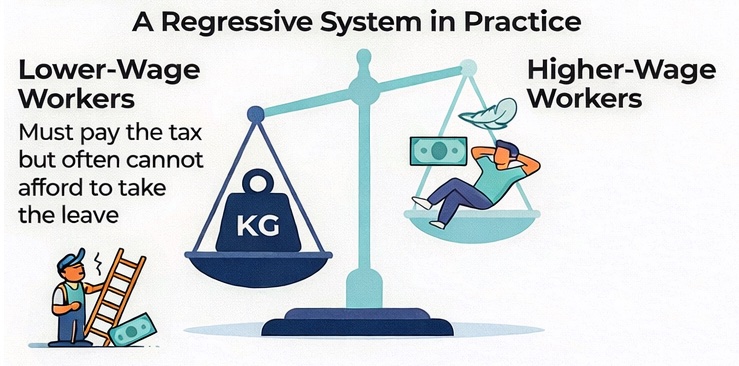Download the full Policy Brief
Key Findings
- This report explores the use of government-mandated Project Labor Agreements (PLAs) on publicly funded infrastructure construction projects in the state of Washington, and examines the effects PLAs had on the number of bidders for, and the final cost of, the projects.
- The report examines and compares 125 construction projects built since 2003, 62 of which were built with PLAs, and 63 built without a PLA.
- The findings of the report confirm multiple studies that conclude PLAs artificially restrict competition and increase project costs.
- The analysis shows a PLA on the infrastructure construction projects built in Washington reduced the number of bidders by 18.26 percent.
- The analysis shows the reduced competition in the projects completed with a PLA increased the cost of these publicly funded projects by $589 million to $879 million.
- As shown in other states, the exclusionary provisions of PLAs in Washington unfairly discourage competition in the bidding process, and have a significant economic impact resulting in higher costs for taxpayers.
- Washington state would benefit from a policy that abandons discriminatory PLAs in favor of fair and open access to public construction projects to foster robust competition, reduce costs and increase public value for taxpayers.
Introduction by Erin Shannon, Director of WPC’s Center for Worker Rights
The use of government-mandated Project Labor Agreements (PLA) on publicly funded construction projects has come under increasing scrutiny as states look for ways to improve efficiencies, maximize value for the public and ensure taxpayer dollars are spent wisely.
The practice of suppressing competition and discriminating against non-union contractors (especially those owned by minorities and women) in the process in order to award labor unions virtually sole access to public works projects, has become a controversial example of the influence special interests wield over policymaking at the expense of taxpayers.
PLAs are a “pre-hire collective bargaining agreement with one or more labor organizations that establishes the terms and conditions of employment for a specific construction project.”
PLAs set wage rates, benefits, and working conditions for every worker, union and nonunion, who will be employed on a public works project. The agreements also typically include provisions requiring either all workers on the public project be hired through a union hiring hall, or that workers of any non-union contractors and subcontractors pay union dues and fees, as well as pay into union benefit programs such as pension and medical.
Most of the nonunion workers forced to pay into these union benefit programs (as a condition of employment) will not meet the programs’ vesting requirements and will forfeit any claim to those benefits in the future, meaning they will not receive any benefit at all.
Any contractor, or subcontractor, union or nonunion, who bids on a project with a PLA is bound by the terms of the agreement, which unfairly favor union over nonunion bidders. While PLAs do not directly forbid nonunion, merit-based contractors from bidding and working on a public project, they effectively suppress competition because the stringent requirements in PLAs create barriers that are difficult for nonunion contractors to overcome.
This is particularly true for smaller, locally owned contractors and subcontractors, especially those owned by disadvantaged business enterprises, such as women and minorities, which tend to be nonunion. These contractors, and the skilled workers they employ, are shut out of the opportunity to fairly compete for jobs on projects that are funded with taxpayer dollars.
Download the full Policy Brief






